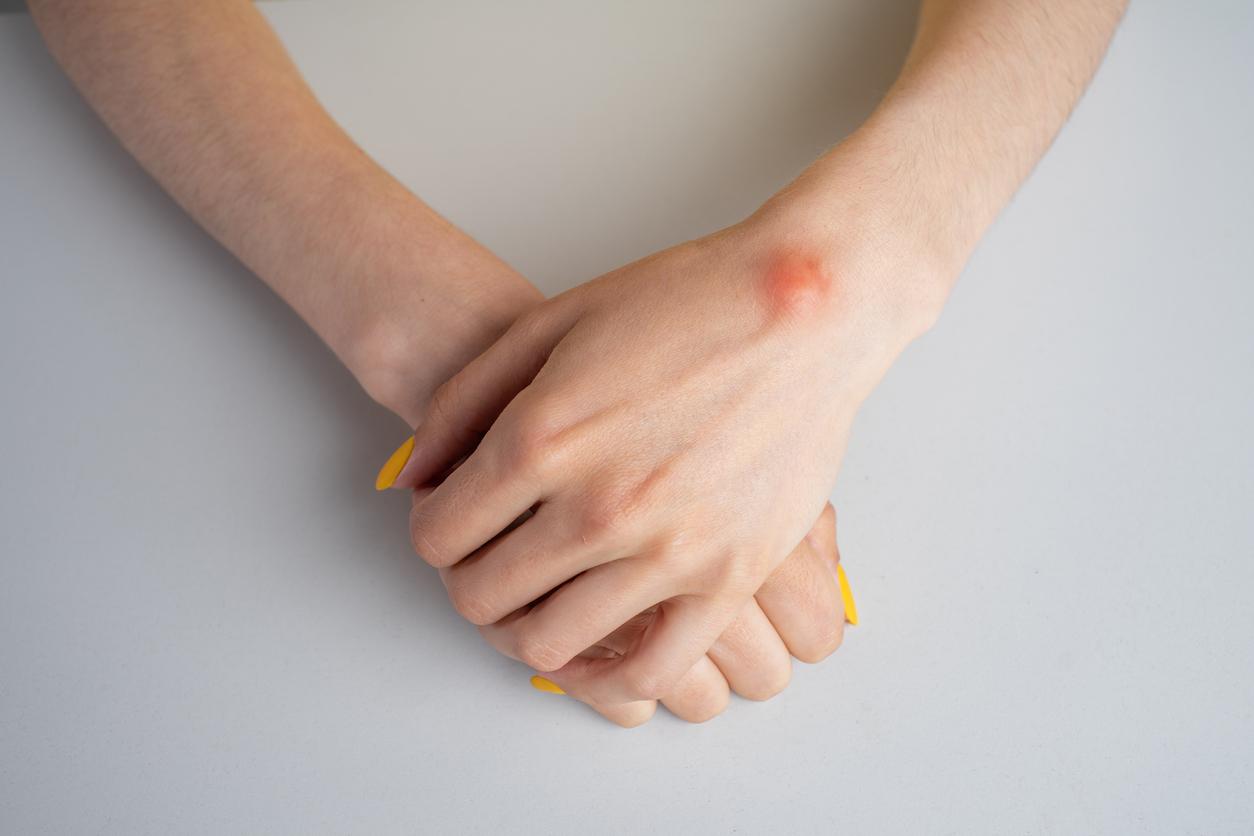On the set of Telethon broadcast this December 4, Jean-Marc Généreux, former juror of Dancing with the stars, confided in the illness of his daughter. Francesca, who is in a wheelchair, suffers from a rare genetic condition called “Rett’s syndrome”.

- Jean-Marc Généreux’s daughter has Rett syndrome. She is currently in a wheelchair and can no longer speak.
- This rare genetic disease, which causes significant polyhandicap with severe intellectual disability, affects one birth in 10,000 to 15,000.
- Rett syndrome only affects girls. It is caused by a mutation affecting a gene located on the X sex chromosome.
- To date, there is no treatment to cure this pathology.
“My little girl is in a wheelchair (…) Today Francesca no longer speaks, so I have to imagine in her head what she wants.” It’s that Jean-Marc Généreux, professional dancer and former juror of Dancing with the Stars, said on the Téléthon set broadcast by France 2, December 4. During the show, the Quebec choreographer confided in his daughter Francesca, suffering from a rare genetic disease.
On September 20, he explained to the media Konbini how health professionals detected this pathology. “She was a bit in her own world. We thought it was autism but after a DNA test they found out it was Rett syndrome,” the dancer recalled. Telethon, he said his daughter had to stay home because of the pandemic. francesca “lost fine and gross motor skills, walking, speaking.”
Rett syndrome only affects girls
As indicated by Inserm, Rett syndrome is a disease that alters the development of the central nervous system. According to the Orphanet, this condition appears in children and the first detectable signs occur after 6 months, usually between 1 and 2 years. This pathology concerns 40 to 50 new sick children each year in France.
Described for the first time in 1966 by the Austrian neuro-pediatrician, Andreas Rett, Rett syndrome exclusively affects girls. It is caused by a mutation that affects a gene located on the X sex chromosome. This disease “is not therefore familial: the mutation is not present in the parents, it appears accidentally in one of the gametes at the time of fertilization”specifies Inserm.
What are the symptoms of Rett syndrome?
The French Rett Syndrome Association has listed a number of clinical signs of this rare genetic pathology. A child with this condition has a mental disability and severe motor impairment. He may also suffer from loss of use of the hands, communication disorders, breathing disorders (hyperventilation or apnea) and epileptic seizures. Other possible symptoms: robotic walking, language impairment and orthopedic deformities.
These different manifestations make it possible to detect, initially, the Rett syndrome. Genetic testing to analyze the MECP2 gene may be done to confirm the diagnosis.
No treatment for Rett syndrome
For the time being, there is no treatment to cure this pathology. “The treatments and care offered to patients today make it possible to optimize their psychomotor and somatic development, to take care of the disorders associated with the syndrome (digestive, respiratory, bone, etc.) and to improve their quality of life”develops Inserm.
In general, healthcare professionals prescribe pharmacological treatments to patients (treatment of epilepsy, bone fragility, sleep disorders, etc.) and non-pharmacological treatment (physiotherapy, speech therapy, occupational therapy).
.
















